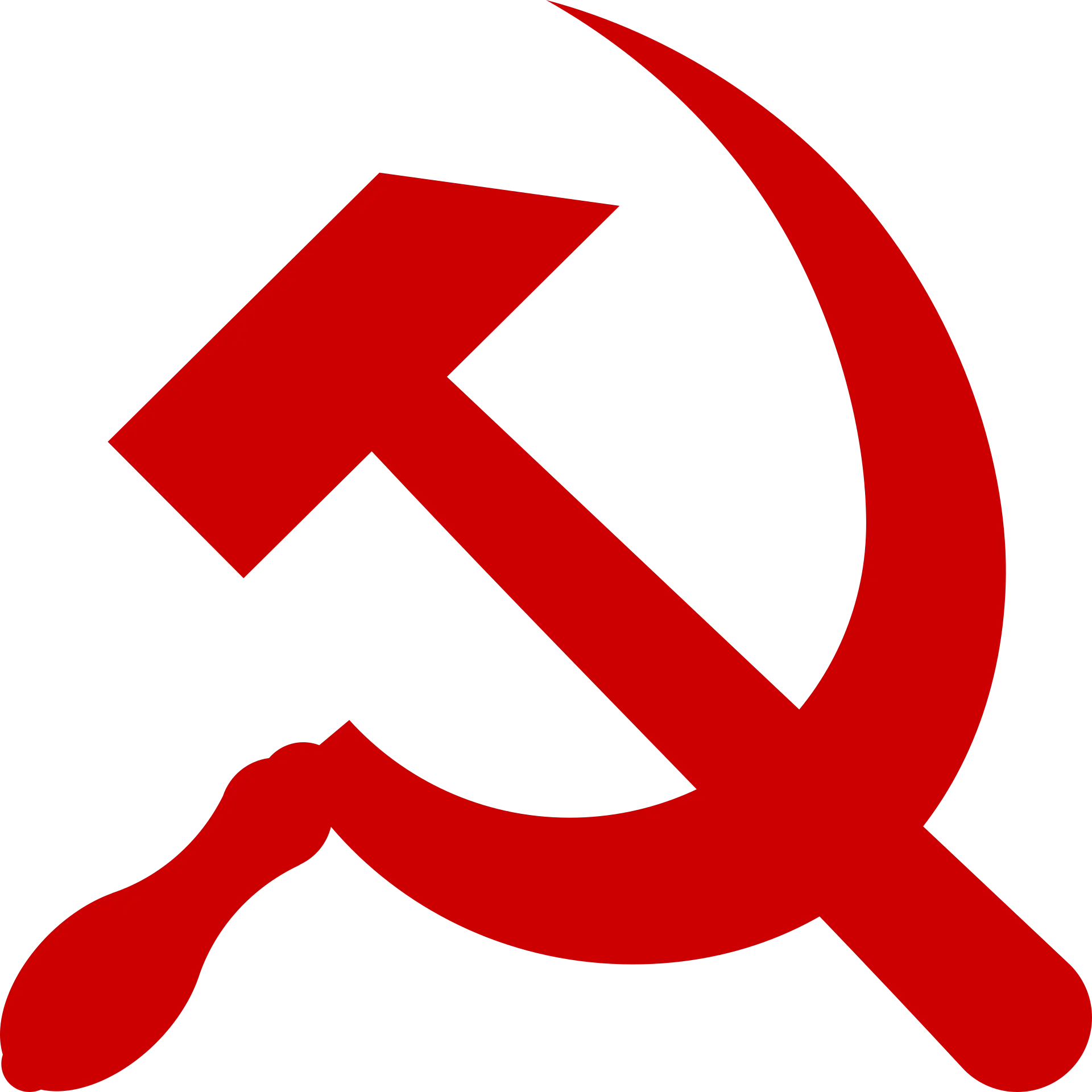We can look at the question from the following perspective. If we accept the premise that China operates under state capitalism, what implications does that hold? At its core, capitalism is defined by private ownership of capital, where individuals or entities control labor’s objectives and structure. Enterprises under this system exist primarily to expand their owners’ wealth, with any societal benefits emerging only as incidental byproducts.
State-owned industries, however, serve a fundamentally different purpose, even if their organizational structure superficially mirrors private enterprises. Their primary aim is to mobilize labor toward socially beneficial objectives such as constructing infrastructure, expanding housing, ensuring food security, and similar public goods. Crucially, capital accumulation by private individuals is absent in this model. Profits generated by state industries are reinvested directly into public services, infrastructure, and long-term national development.
While valid critiques can be made about organization of SOEs or potential worker alienation within their hierarchies, the system’s focus on collective welfare, rather than private profit, makes it fundamentally different from actual capitalism. When evaluated by its capacity to prioritize societal needs over individual wealth extraction, this framework is clearly superior.


@davel
The Chinese capitalists are “very, very weak,” yet there were 814 billionaires as of 2024. Comparatively, there are only 800 billionaires in America.
#capitalism #socialism
https://www.statista.com/statistics/299513/billionaires-top-countries/#%3A%5C%7E%3Atext=According+to+the+Hurun+Global%2Cresided+in+the+United+States.
China has over 3x burgerland’s population. The least controversial fact about China is that it is a big country full of many Chinese.
Quantity of wealth doesn’t equal political power if the relations of Capital and the class in power are different. Billionaires in the US control heavy industry and finance, billionaires in the PRC do not. Getting rich off of the rubber ball factory doesn’t mean you have power over the rubber factory.
Oh hey, quick question what’s the respective size of population of the two countries?
Also, China lost 36% of its billionaires in recent years. Hows the trend in the states going?
https://www.businessinsider.com/china-lost-36pc-billionaires-three-years-rich-list-hurun-economy-2024-10
So China has 1/4th the billionaires per capita, but that’s largely beside the point. Having a lot of money doesn’t necessarily translate into having a lot of political power, which I already addressed above with examples.
You can’t just analyze things at this surface level and call it a day. As Mao said, you must investigate! Socialist states can’t simply skip steps, fast-forwarding to some pure form of socialism, especially states that started from a stage of pre-industrial, illiterate feudalism; and especially when under the constant economic & military threat of the imperial core lead by the US. They have to go through the steps to develop their productive forces as quickly as possible, and some limited capitalism in the early stages of development is part of China’s path to get there. Most historically prominent Marxists would have recommended the same.
Gabriel Rockhill » 🔊 Understanding Siege Socialism
@davel
“Having a lot of money doesn’t necessarily translate into having a lot of political power,”
I’m not going to listen to someone who won’t even acknowledge how economic power translates to political power. This is the dumbest, non-Marxist take I’ve ever heard, more like something a Social-Democrat would say, which seems to be how many “Marxists” who support modern-day China tend to sound.
#socialism #capitalism
How does money translate to political power? What is it that Billionaires do in the US to exert their power? Can they do the same in the PRC? This is a foundational question any Marxist must analyze and investigate to begin to understand how to establish Socialism to begin with.
So far, you have avoided answering that question, and resorted to insults towards others trying to coax that answer out of you.
Yup, you’re not going to read or listen to any of the links that any of us have shared. I think you’ve listened S4A’s confident, shallow, non-dialectical-materialist analysis, and that’s the end of it as far as you’re concerned.
@davel
You having the audacity to label someone else’s analysis as “non-dialectical-materialist,” yet not understanding that economic power, especially that of billionaires and millionaires, does translate to political power is the reason I’m not taking you seriously.
The reason your analysis leans more towards idealism than Dialectical Materialism is because you see the simple act of having wealth as having equivalent power in all systems. Just as a billionaire in the Global South has less power than billionaires in the US, Billionaires within the PRC have less power than the government of the PRC.
Wealth isn’t power. Wealth is used to buy power, through influencing public opinion through private media, lobbying, and dominance of the financial institutions to control heavy industry. In the US, this is readily exploitable for anyone with money, but the PRC makes this difficult to impossible thanks to the Dictatorship of the Proletariat owning outright these institutions and cracking down on corruption.
It isn’t the simple action of having wealth that makes one powerful. Wealth is a fuel, but without the ability to use that fuel for political gain to nearly the same capacity, it does not translate to bourgeois supremacy in the PRC.
I think you got very heated in the beginning of this conversation with everyone and aren’t trying to see things rationally or come to an agreement with everyone, and that manifests itself in insults and emotional outbursts. I am more than willing to go back to the beginning and we can discuss where we agree and disagree, and see if we can further our understanding.
Nor are you taking seriously the published Marxists we have linked to, nor the evidence we have linked to.
@davel
I’m not dealing with your pro-Chinese-capitalism revisionist garbage.